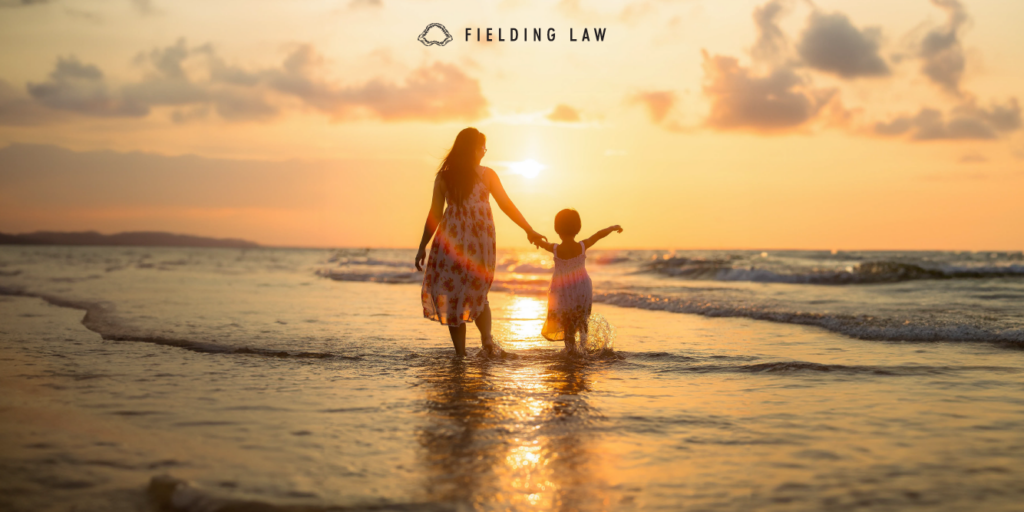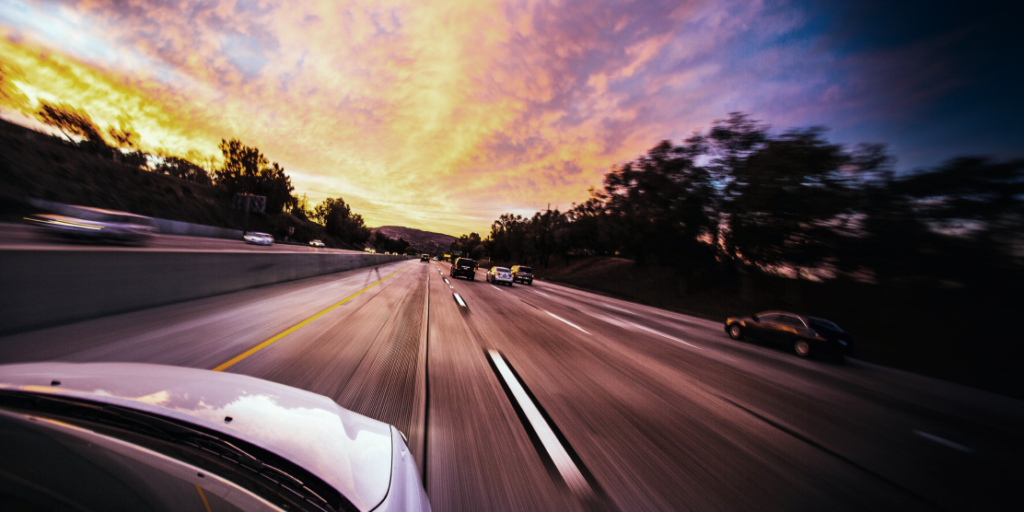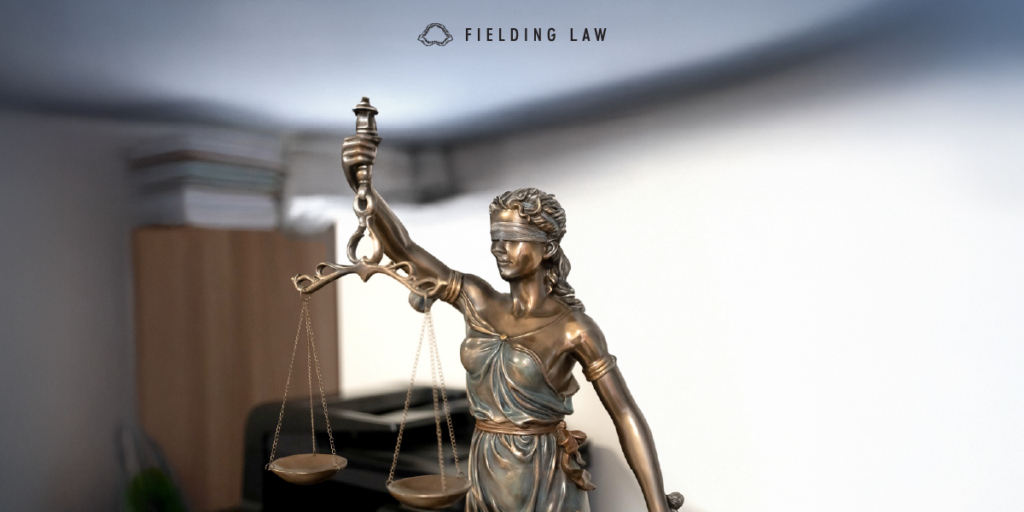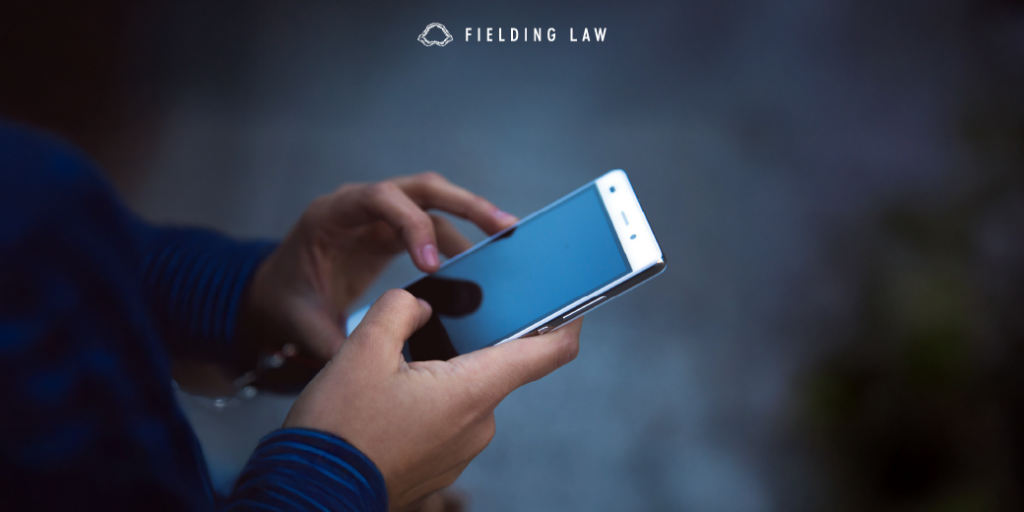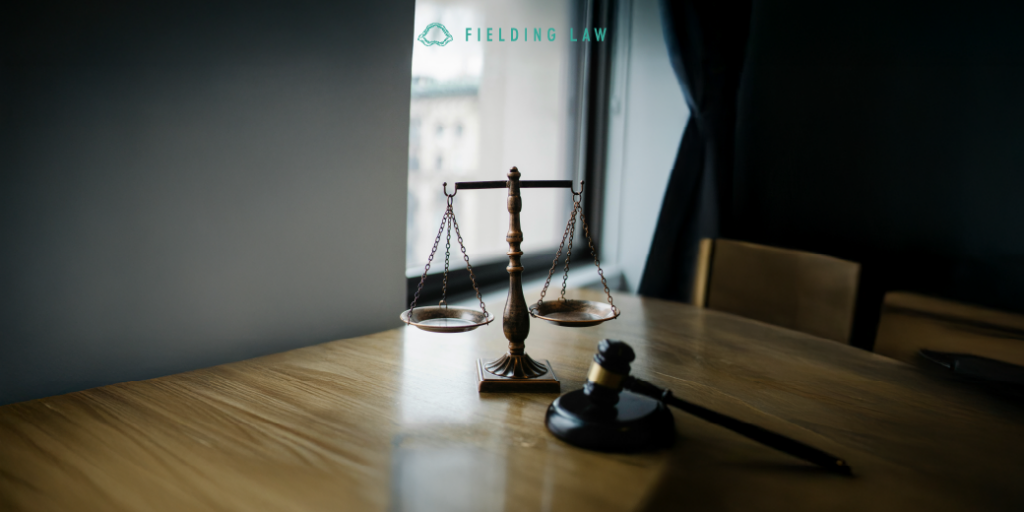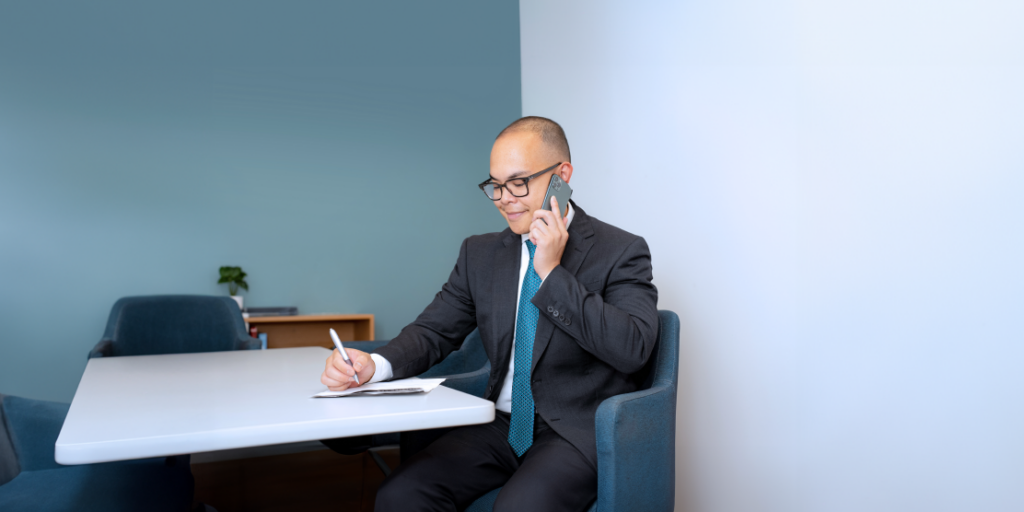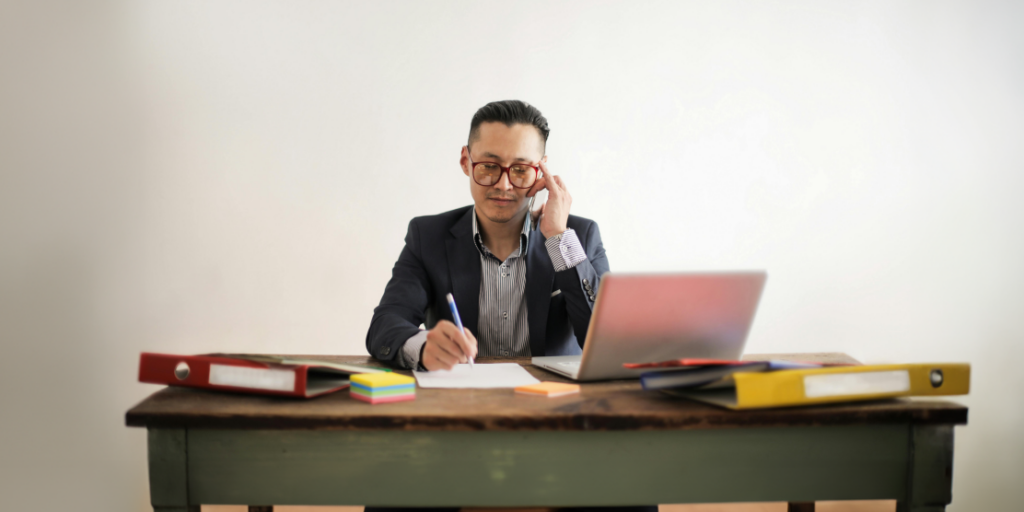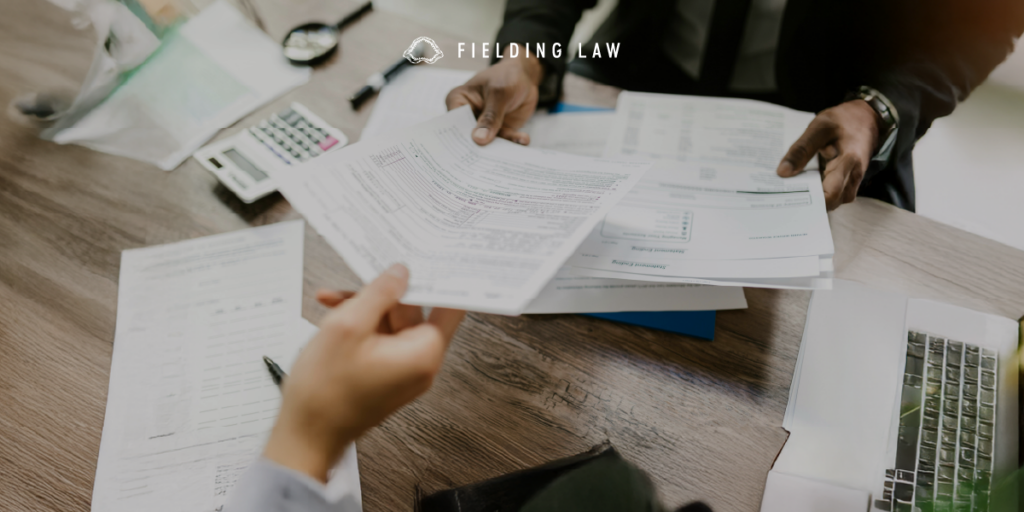
If you have been injured due to an accident or unsafe conditions, reporting your injury correctly is essential. Whether it is a car accident, a slip-and-fall, or an injury at work, knowing who to report the incident to—and what details to include—can help protect your rights and ensure you receive the compensation you deserve. In this blog, we will guide you through who you need to report your injury to and what should be included in the report.
1. Report to the Property Owner or Manager (For Premises Liability, Dog Bite Injuries, and Slip-and-Fall Accidents)
If your injury occurred on someone else’s property, such as in a store, at a restaurant, or on a sidewalk, the property owner or manager is the first person you should notify.
Why It Is Important:
Reporting to the property owner or manager creates a record of the incident and gives them the chance to document the details. This helps ensure that the injury is officially acknowledged, and the property owner may file an internal report for their insurance company. Reporting the injury also helps you demonstrate that it occurred on their premises, which is vital for proving liability if you file a claim or lawsuit.
What to Include in the Report:
-
Date, time, and location of the injury
-
A description of what caused the injury (e.g., slippery floor, uneven pavement)
-
Names and contact information of witnesses
-
Photographs of the hazardous condition (if possible)
2. Report to Law Enforcement (If Necessary)
In some cases, especially if the injury is serious or involves a dangerous condition (such as a car accident or a slip-and-fall in a public space), you may want to involve law enforcement.
Why It Is Important:
A police report serves as an official account of the incident. This can be helpful in verifying the facts, gathering witness statements, and providing a reliable source of information if you need to pursue legal action. Law enforcement can also help address any ongoing safety issues that could pose further risk to others.
What to Include in the Report:
-
Detailed description of the injury
-
Cause of the accident or unsafe condition
-
Witness statements (if available)
-
Medical attention needed at the scene
3. Report to Your Insurance Company (For Auto or Home Accidents)
If the injury involves an auto accident, a home accident, or another situation where you have personal injury coverage, it is crucial to report the injury to your insurance company. However, before making contact with the insurance company, it is important to contact Fielding Law. We can guide you through the process and help ensure your rights are protected. Do not provide a statement about your injuries to the insurance company before consulting us. Insurance companies may use your statement against you, and we want to ensure that your case is handled properly from the start.
Why It Is Important:
Your insurance policy may cover medical expenses, lost wages, or other damages related to the injury. Reporting the incident to your insurer ensures that the claims process begins promptly and helps ensure that you are financially supported as you recover.
What to Include in the Report:
-
Date, time, and location of the accident
-
Description of what happened
-
Any photos, police reports, or witness statements that may support your claim
4. Report to Medical Providers
Seeking medical care after an injury is not only critical for your health but also for creating official documentation of the injury. Medical reports will serve as evidence in your case if you need to file a claim or lawsuit.
Why It Is Important:
Doctors can assess the extent of your injuries, provide treatment, and create medical records that support your claims. This documentation is essential for proving the severity of your injury, the treatment required, and how the injury impacts your daily life.
What to Include in the Report:
-
Details about the injury and how it occurred
-
Any symptoms you are experiencing (pain, swelling, etc.)
-
Treatment and care you have received
-
Expected recovery timeline
5. Report to Your Employer (For Workplace Injuries)
If you have been injured at work, you need to report the incident to your employer or supervisor immediately. This is required by law in many cases and is essential for workers’ compensation claims.
Why It Is Important:
Reporting workplace injuries promptly allows your employer to file a claim with their workers’ compensation insurance. This ensures that you can receive compensation for lost wages, medical treatment, and other damages related to the injury.
What to Include in the Report:
-
Detailed description of the injury and how it occurred
-
Names and contact information of any witnesses
-
Medical treatment you have received or need
-
The impact the injury has on your ability to perform your job
The Bottom Line
Properly reporting your injury is a crucial step in ensuring that you receive the compensation and medical care you deserve. Whether it is reporting to a property owner, law enforcement, your insurance company, or your employer, the goal is to create a clear, official record of the incident and the injury.
At Fielding Law, we understand the importance of this documentation and are here to help guide you through the process. If you need assistance with reporting an injury or filing a claim, do not hesitate to contact us. We are here to help you get the justice and compensation you deserve.
Why Hire Fielding Law?
At Fielding Law, we are committed to helping our clients navigate the complex world of personal injury claims. We understand the intricacies of the reporting process and can provide the guidance you need to ensure that your rights are protected. If you have been injured, contact us at 833.88.SHARK for a free 24/7 consultation. Let us handle the legal aspects while you focus on your recovery.
Note: Information provided is for educational purposes and does not constitute legal advice. Always consult with a qualified attorney for legal concerns.
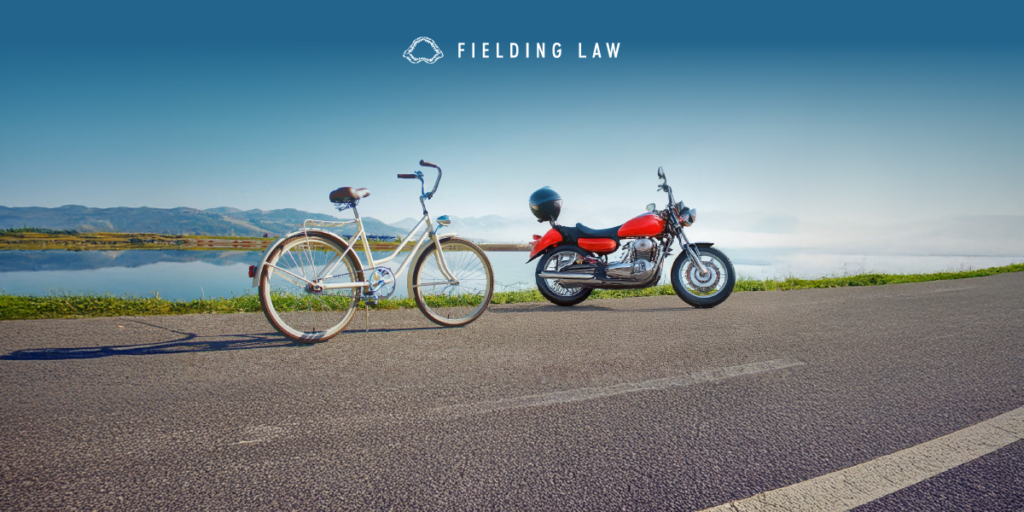
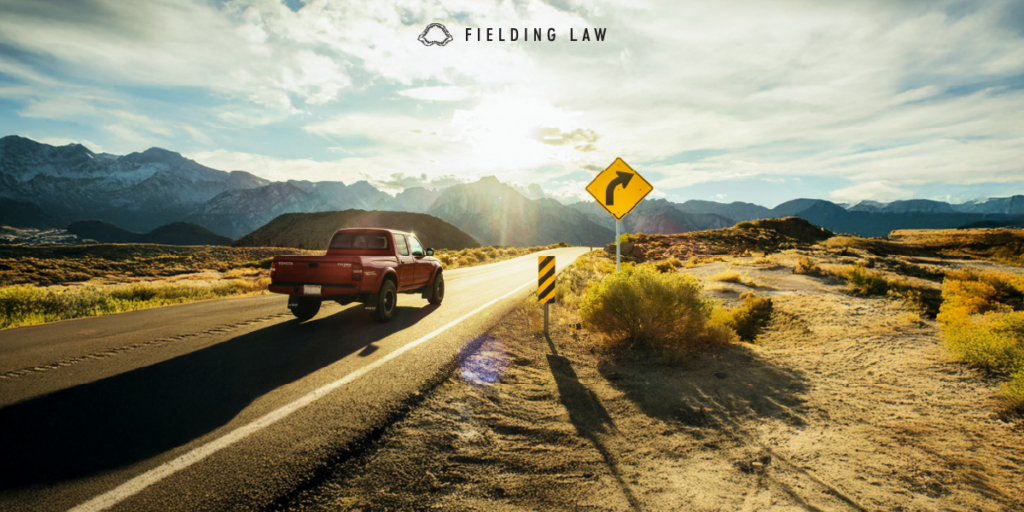
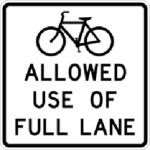
 2. Watch for Motorcyclists
2. Watch for Motorcyclists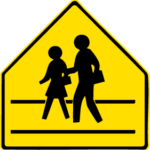
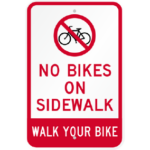 4. No Bikes on Sidewalk
4. No Bikes on Sidewalk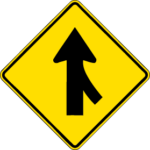
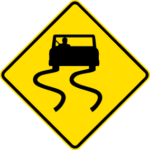 6. Slippery When Wet
6. Slippery When Wet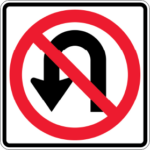
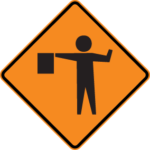 8. Construction Zone
8. Construction Zone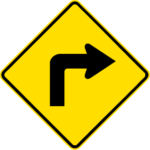 9. Sharp Turn Ahead
9. Sharp Turn Ahead 10. Animal Crossing
10. Animal Crossing